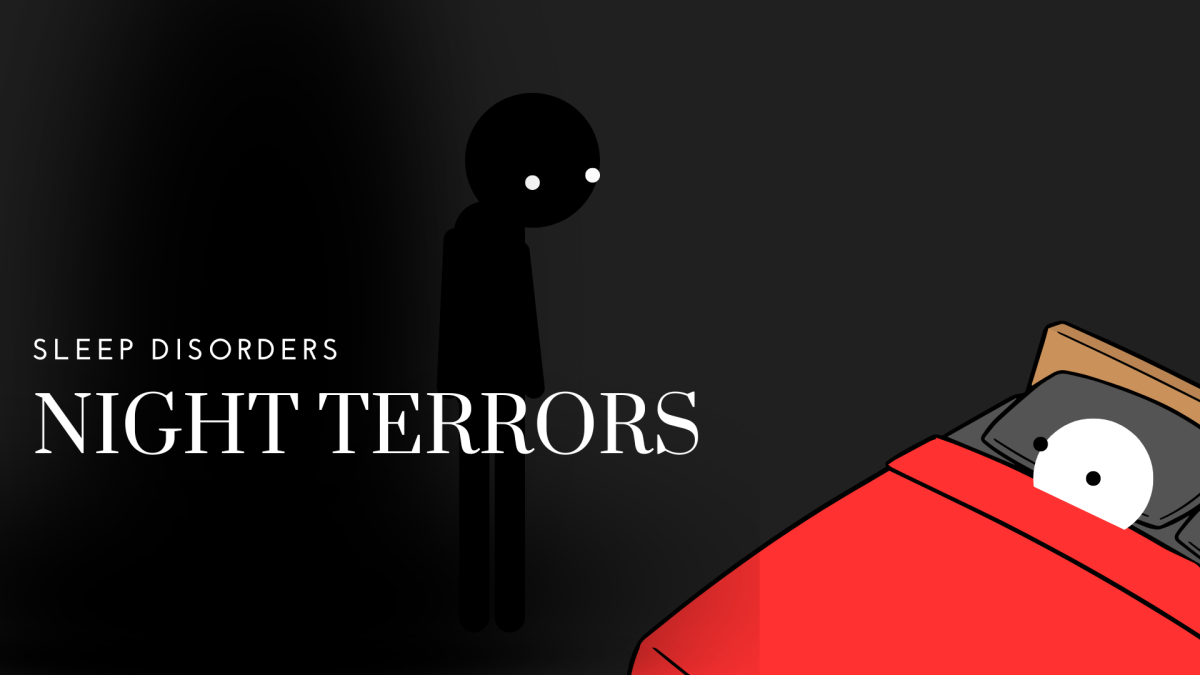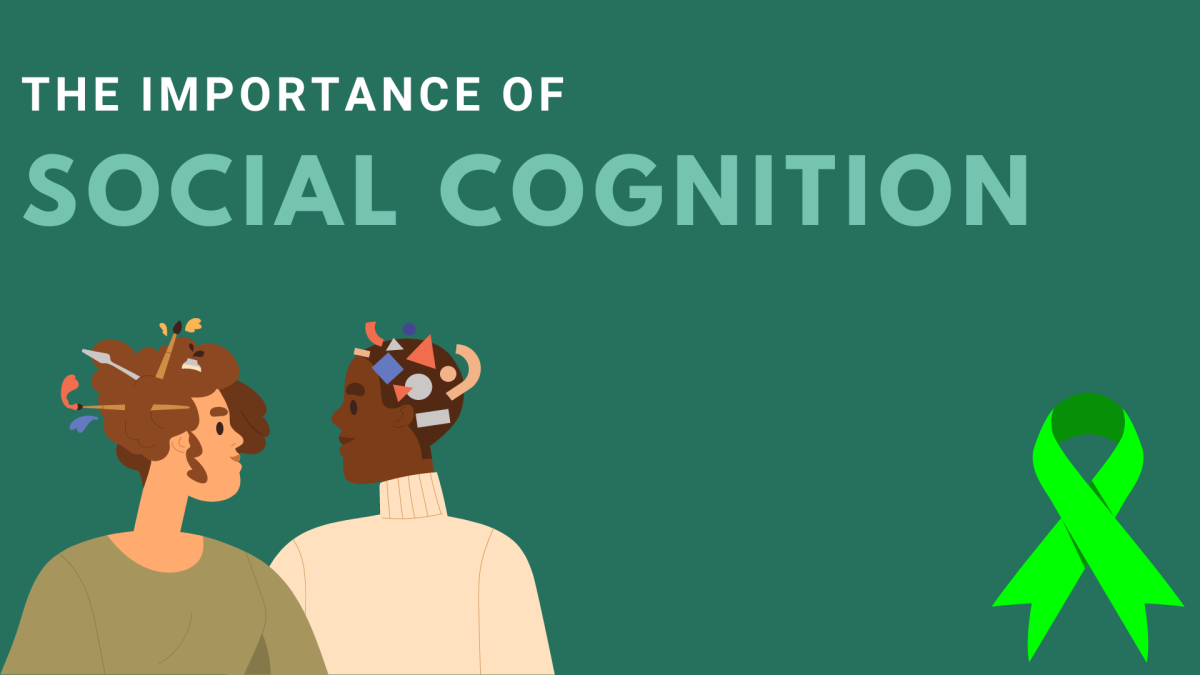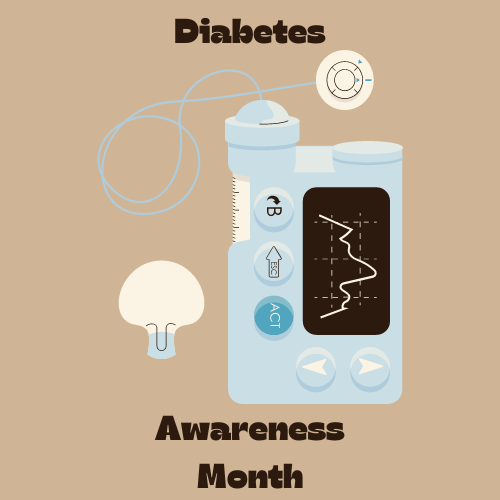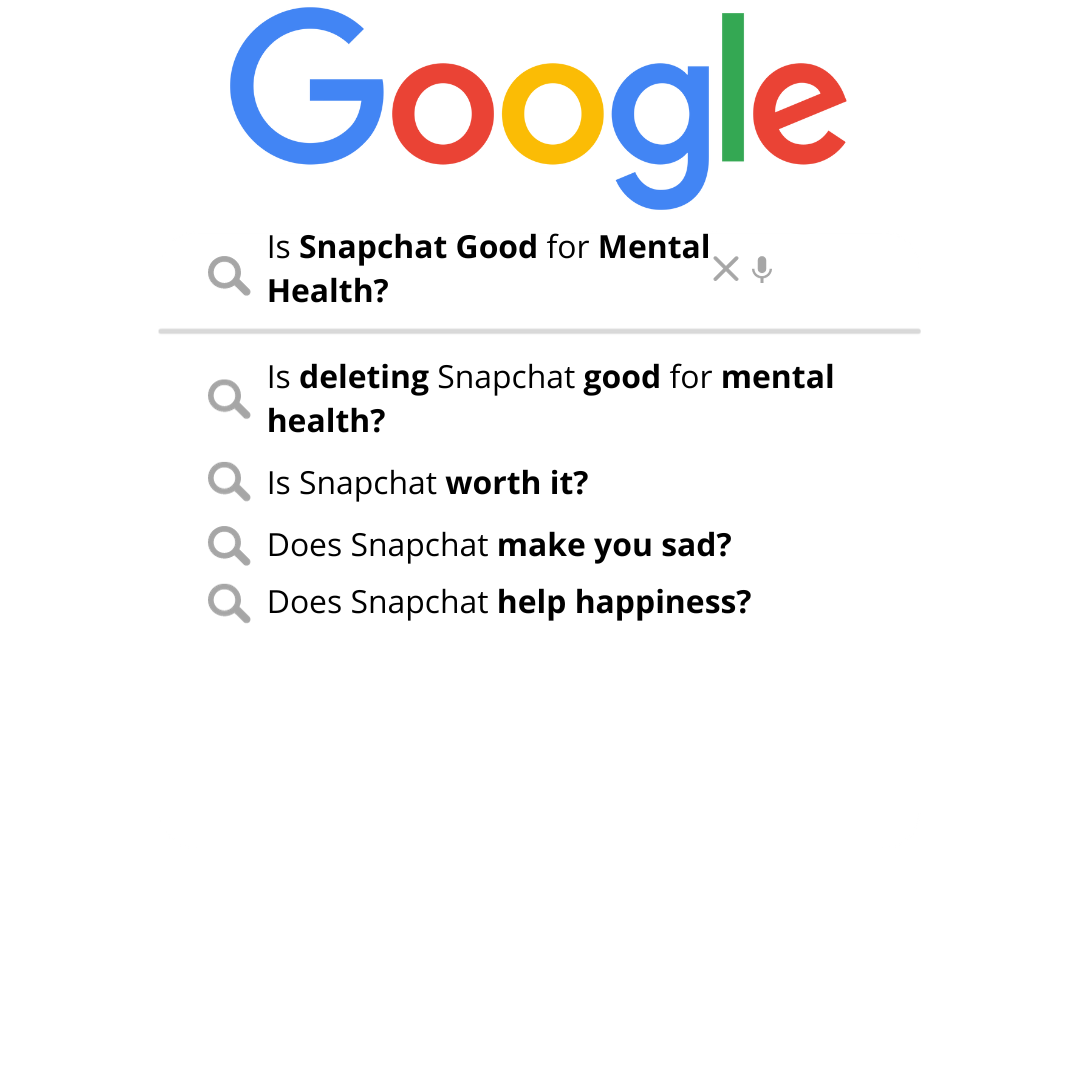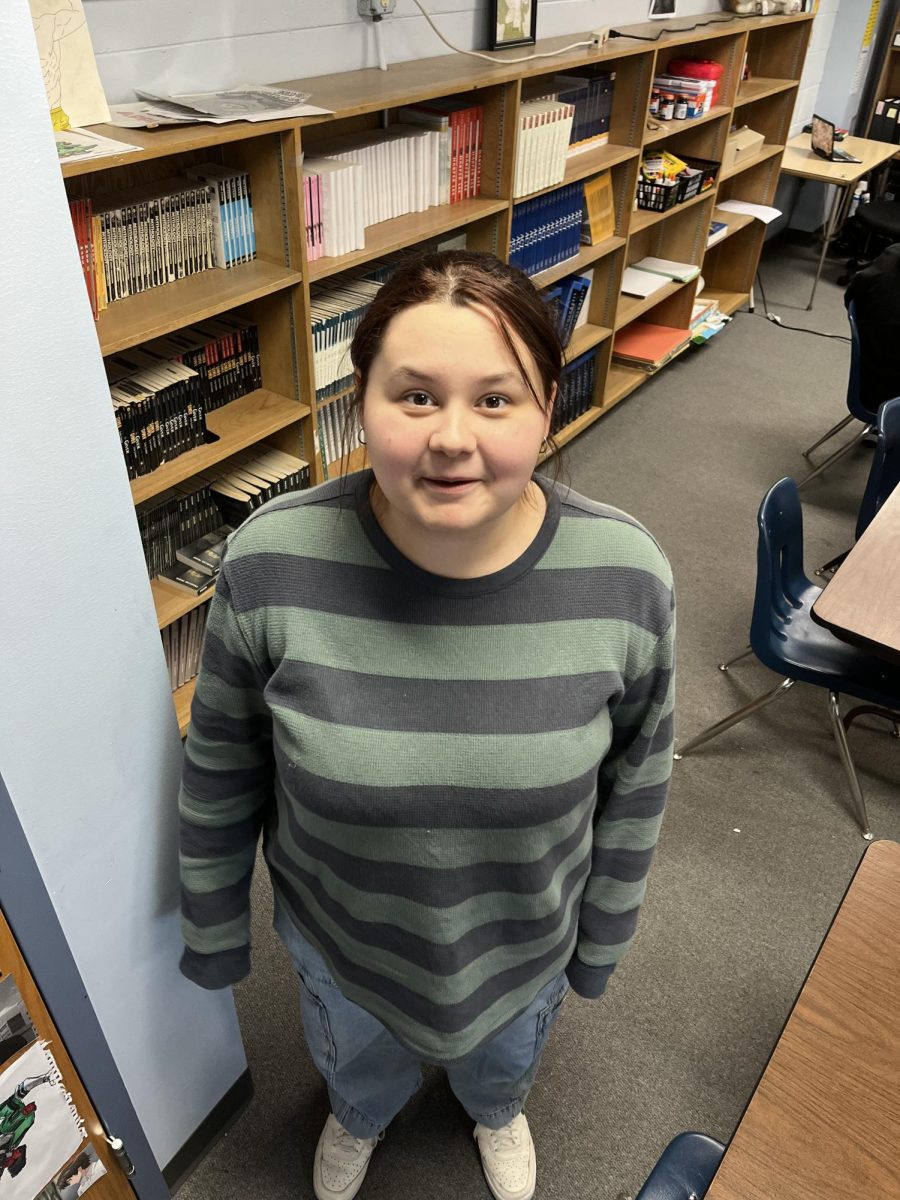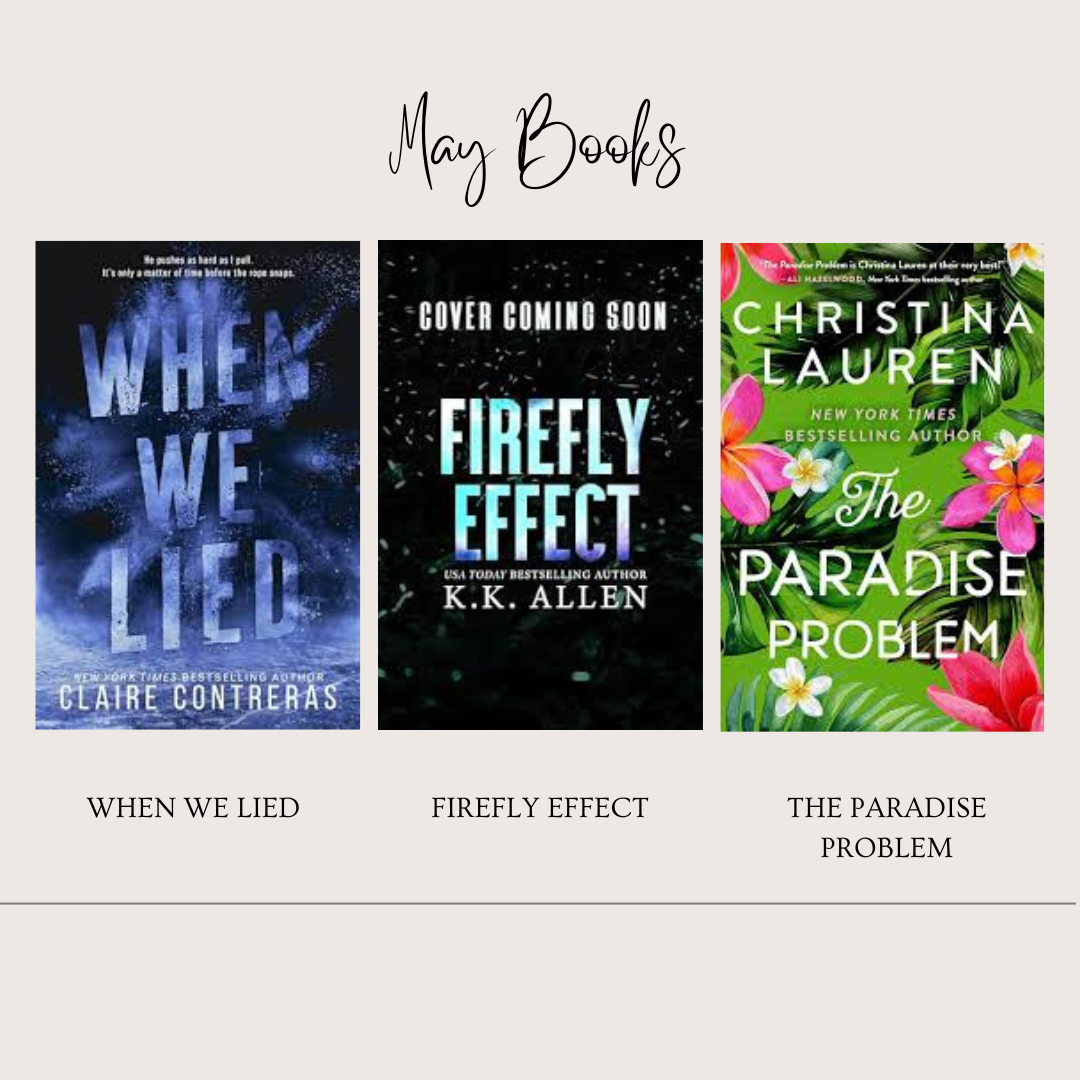
When you walk outside, and look up at the sky, what do you see? Maybe just a few white dots, and the moon. What caused this? Why can’t we see the thousands of stars we used to be able to see? This is because of the development of our society, and what we use for our own conveniences, but how does it affect us? Why is this important? Well, let’s know the basics first.
What is light pollution?
Light pollution is when light from our communities affects humans and the environment around us. Even things like street lamps, house lights or even the headlights of a car are forms of light pollution.
There are multiple types of light pollution, such as light trespass, over illumination, clutter, and sky glow. Light trespass is when light from outside finds its way into your house or room. As an example, your neighbor’s garage light shines through your bedroom window while you try to sleep. Over illumination is that glow you see from cities or towns, hovering over them. Clutter is when there are multiple light sources that when our eyes try to focus on something, it distracts and confuses our eyes. Sky glow is seen when densely populated areas irradiate their lights out into the sky, drowning out the stars and other steller sights . This is a common issue in most cities or highly populated areas.
How does light pollution affect us?
Light pollution can not only affect the environment around us. It also affects our daily life by causing insomnia along with other sleep disorders. This is because the light causes your brain to think it’s daytime, therefore lowering melatonin levels. Melatonin not only provides properties that help us sleep, but it also boosts our immune systems, and lower cholesterol levels.
Why is it important?
Humans aren’t the only ones affected by light pollution. Animals like moths, turtles, monarch butterflies, bats, and many more are affected each night by our bright lights. Have you ever wondered why moths seem to be attracted to your lamps, or streetlights? They aren’t actually. Moths use the moon to navigate the night. Unfortunately, our bright lights confuse and distract them. Bats miss the prime time when most bugs are out to feed because of the extra lights of our communities.
What can we do to help?
We can never completely rid ourselves of light pollution, but there are plenty of ways to help. As a start we could switch our outside lights from bright and blinding lights to a warm colored bulb. TImers, dimmers and motion sensored lights can also be helpful, having specific times that they are on and not disturbing others. Switching to LEDs can also allow just as much light without minimizing visibility. There is always something to do to help not just yourself, but all of our planet. Remember to turn off lights you don’t need so we can see our stars!


